This is part of the company's broader effort to combat "spammy content" and make Facebook's news feed more relevant and authentic. The goal is to eliminate accounts that engage in "spammy" behavior, including content created with AI.
Meta is also implementing stricter measures to prioritize and promote original posts from creators. Facebook has taken action on about half a million accounts identified for inauthentic and spam behavior. These actions include downgrading comments and reducing content distribution, making it harder for these accounts to monetize posts.

Meta defines inauthentic content as when images or videos are reused without crediting the original creator. The company says it now has technology that can detect duplicate videos and reduce their distribution.
Meta's move comes as the company ramps up its investment in AI. CEO Mark Zuckerberg announced plans on July 14 to spend hundreds of billions of dollars on AI computing infrastructure, with the goal of putting the first supercomputer into operation next year.
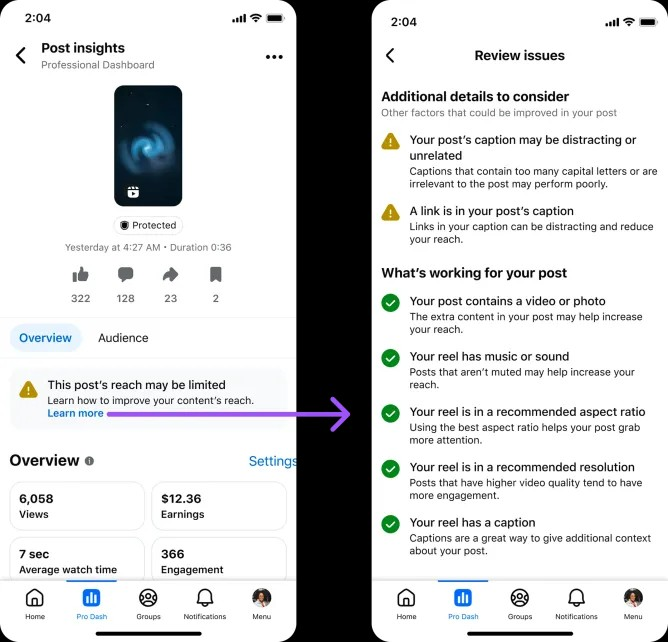
AI is making it easier to mass-produce content on social media platforms. Other platforms are also looking to combat the rise of spammy, low-quality content on social media, also known as “AI slop.”
YouTube also announced a policy change this month that will prevent monetization of mass-produced or repetitive content. YouTube explained the new policy is intended to curb inauthentic, spammy, and repetitive videos.
“We welcome creators who use AI tools to enhance their storytelling, and channels that use AI in their content are still eligible to monetize,” a YouTube spokesperson said in a blog post. YouTube’s new policy will take effect today, July 15.
(According to CNBC)
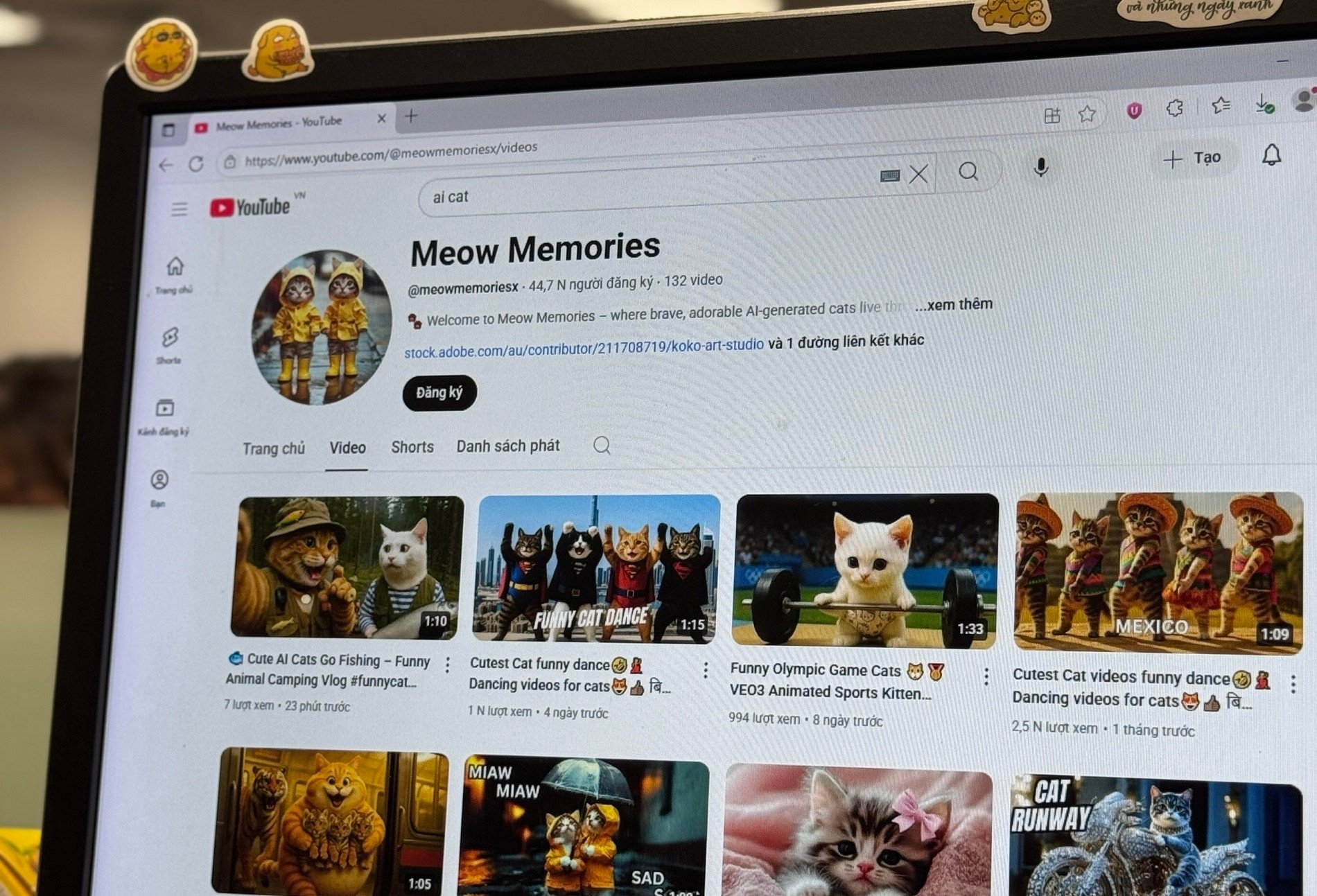
Source: https://vietnamnet.vn/meta-manh-tay-diet-noi-dung-rac-xoa-so-10-trieu-tai-khoan-facebook-gia-mao-2421747.html


![[Photo] Da Nang residents "hunt for photos" of big waves at the mouth of the Han River](https://vphoto.vietnam.vn/thumb/1200x675/vietnam/resource/IMAGE/2025/10/21/1761043632309_ndo_br_11-jpg.webp)




![[Photo] Prime Minister Pham Minh Chinh received Mr. Yamamoto Ichita, Governor of Gunma Province (Japan)](https://vphoto.vietnam.vn/thumb/1200x675/vietnam/resource/IMAGE/2025/10/21/1761032833411_dsc-8867-jpg.webp)
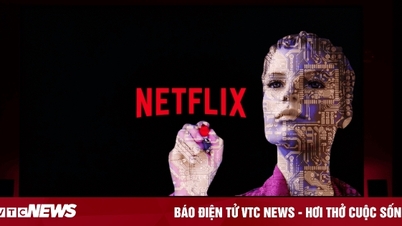

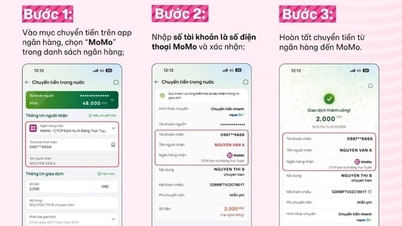





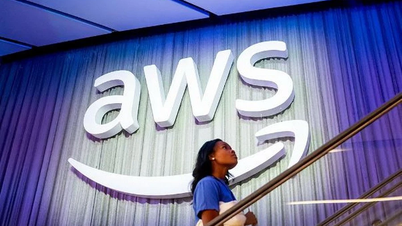


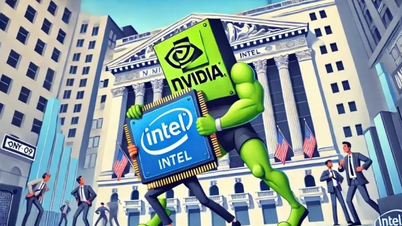

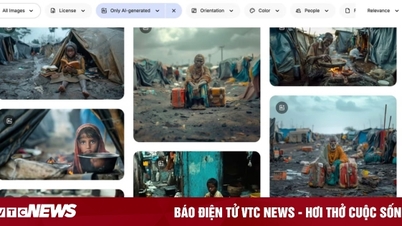









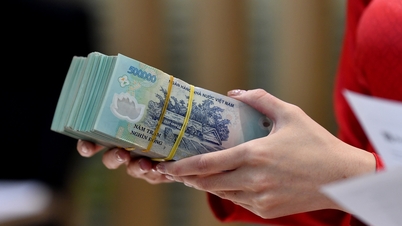

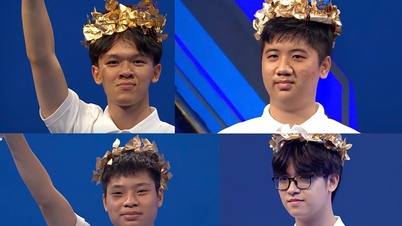


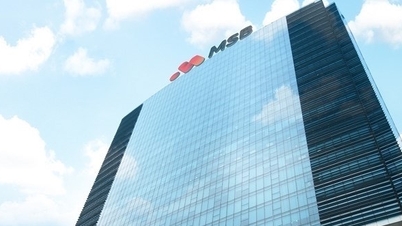
![[Photo] Prime Minister Pham Minh Chinh meets with Speaker of the Hungarian National Assembly Kover Laszlo](https://vphoto.vietnam.vn/thumb/1200x675/vietnam/resource/IMAGE/2025/10/20/1760970413415_dsc-8111-jpg.webp)



























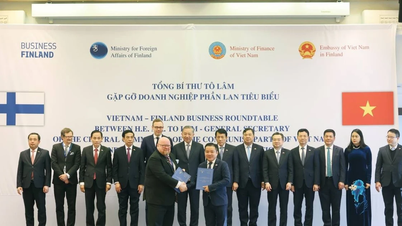












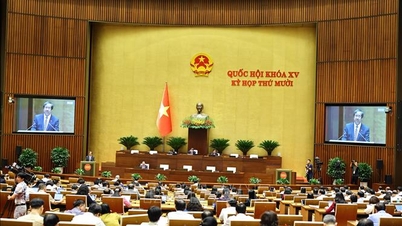
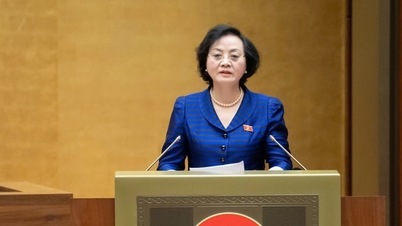
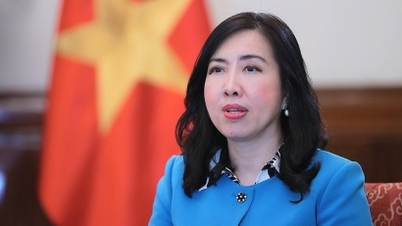
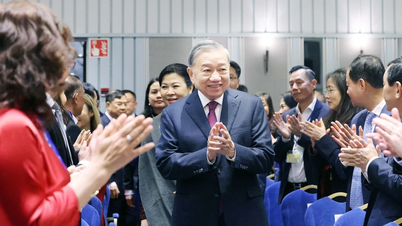

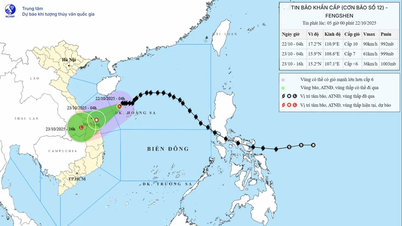


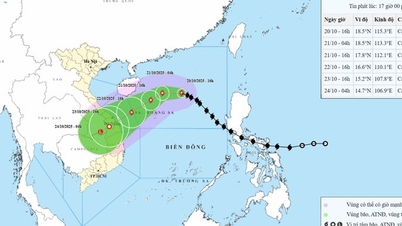

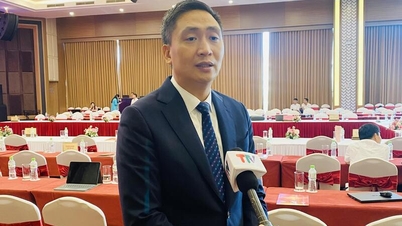


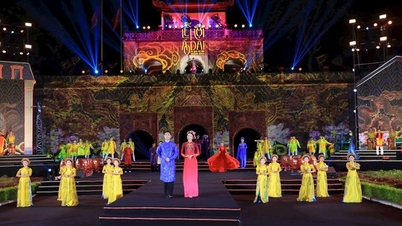
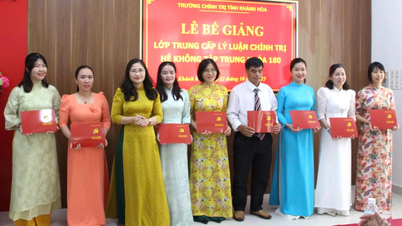

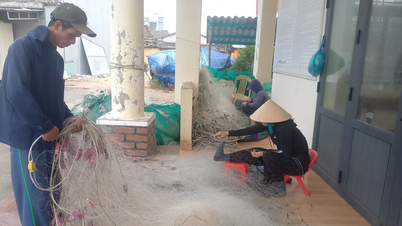




















Comment (0)